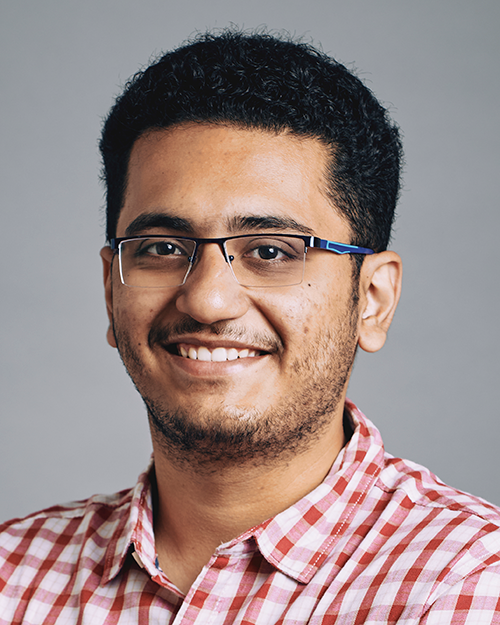

Triple negative breast cancers (TNBC) pose exceptional treatment challenges, including fatal brain metastases, and thus represent as a clear and unmet need in cancer treatment. Immune checkpoint inhibitors (ICIs) are promising therapeutic strategies, but most TNBC are “cold” i.e. resistant tumors due to lack of tumor-resident immune engagement. No FDA-approved therapies exist which promote a “cold-to-hot” transition or induce the important biomarker PD-L1, often used for ICI clinical decision-making. A “cold-to-hot” transition to effect ICI susceptibility requires Wnt signaling inhibition and Jak/STAT/interferon signaling activation. The Yee lab has reported a new compound combination (CHA1) that fits the above criteria. CHA1 is comprised of EGCG (epigallocatechin-3-gallate; green-tea compound) and decitabine (DNA-methyltransferase (DNMT1) inhibitor; 5’deaza-cytidine; FDA-approved for hematologic malignancies). CHA1 has been extensively analysed using TNBC preclinical models to investigate tumor-intrinsic and tumor-resident T-cell effects, respectively. Transcriptomic and expression analyses revealed that CHA1 treatment effectuated a robust tumor-intrinsic response 1) to induce PDL1 and 2) to induce antigen presentation and processing genes, including MHC-1, MHC-2 and numerous other genes attributed to antigen-presenting cells; 3) to induce CD8+-T-cell infiltration and activation. Finally, many of these tumor-intrinsic effects can be observed in tissue culture cells that were initially used to screen for CHA1. This suggests that the same cell culture system can easily be adapted to screen for additional compounds and combinations that can elicit the same tumor-intrinsic response. We propose to create a cell-based assay system to identify new compounds that influences epigenetics, Wnt and Jak/STAT/IFN signaling mechanisms—all to reprogram an epithelial-mesenchymal TNBC tumor to express antigen-presenting properties and to potentially recruit and activate tumor-resident CD8+-T-cells.
Education
BPharm, Bombay College of Pharmacy, Mumbai, India